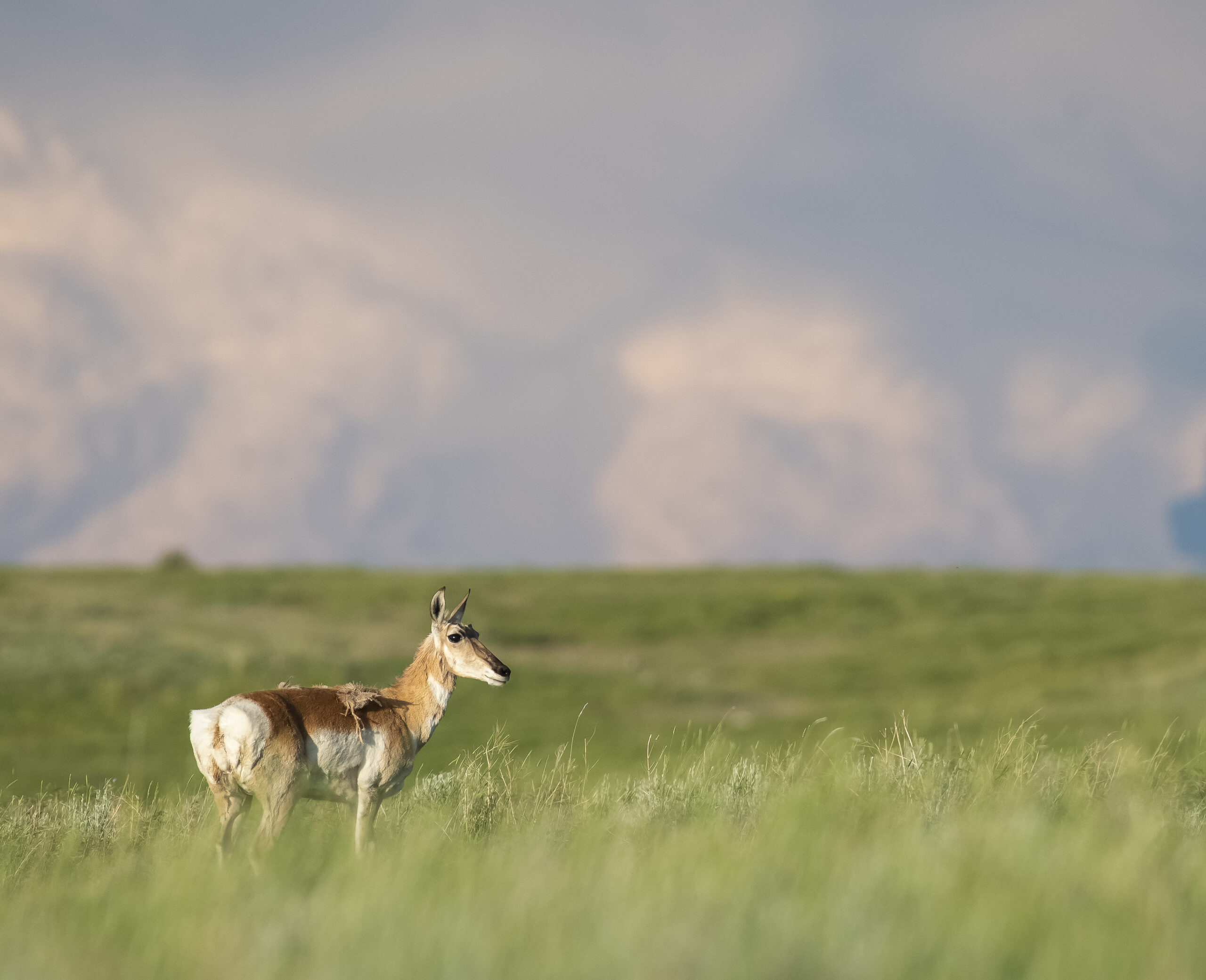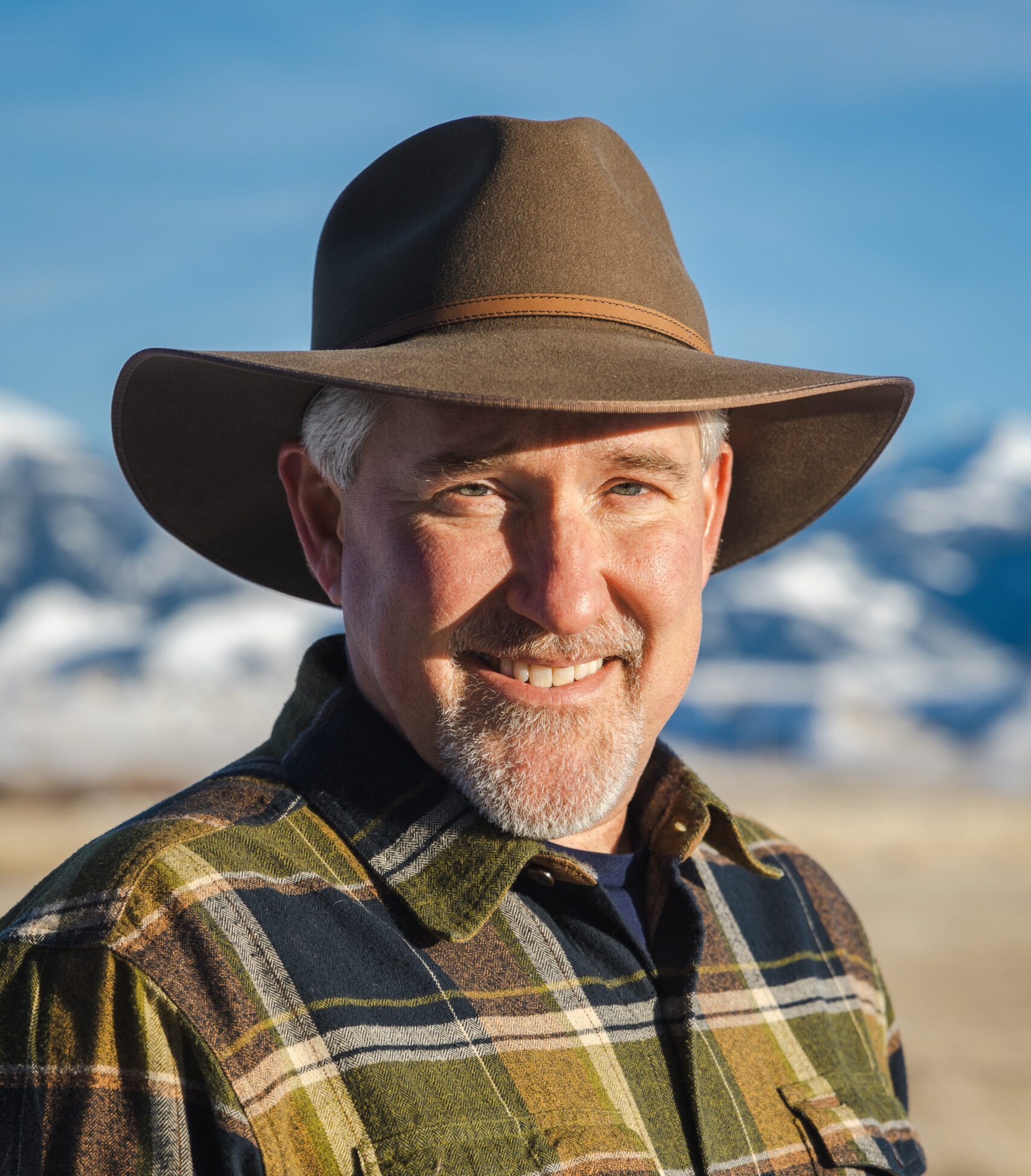This article was originally published in the Bozeman Daily Chronicle.
In Montana, property rights are sacred. That’s why the resolution before the state legislature attacking the American Prairie Reserve is so troubling. As long-time property rights proponents and advocates for free-market conservation, we feel compelled to call out this ill-conceived resolution and stand up for property rights. Others should too.
The American Prairie Reserve is a unique and ambitious conservation project in northeastern Montana. Unlike other environmental organizations, who often lobby, litigate, or regulate, APR seeks to purchase property rights voluntarily through market exchange. The group raises private donations to buy land from willing sellers, aiming to stitch together a large area of public and private lands into a nature reserve that is open to the public.
The private lands that APR acquires often come with public grazing privileges to nearby federal grazing allotments—a result of the homestead era, which left behind a mosaic of interconnected public and private lands in the region. To maintain its public grazing privileges, APR seeks to graze its herd of privately owned bison on its BLM-leased lands on a year-round basis.
To do so, APR must request that the U.S. Bureau of Land Management modify the terms of its grazing permits to allow for year-round grazing—just as any rancher can do. The agency must also authorize a change of use from cattle to bison grazing. This is nothing new. The BLM has approved bison grazing on at least 39 allotments in the West, including authorizing year-round bison grazing on two allotments already leased by APR. The BLM is now conducting an environmental assessment on APR’s request to graze bison year-round on 18 of its other allotments in the region.
Some in the legislature, however, want to stop them. House Joint Resolution 28 would urge the BLM to deny APR’s bison grazing proposal. Why? Reading the latest version of the draft resolution, the answer seems to simply be that some in the legislature don’t like APR and its conservation goals. The resolution offers no legitimate basis for rejecting APR’s proposal other than asserting that doing so “is critical for the health of Montana’s livestock and wildlife” and “would protect Montana farmers, ranchers, and communities.” The House approved the resolution this month with strong support from Republicans.
It is disappointing to see conservative lawmakers attacking APR’s property rights and trying to weaken public grazing rights. The Montana Republican Party’s platform explicitly states that “governmental units should protect individual rights associated with property ownership that guarantee a property owner’s ability to use property as the owner wishes, as long as he or she causes no harm.” APR’s property rights deserve equal protection.
Ranchers are rightly skeptical of environmentalists that call for more government regulations or federal land designations. But that is not what APR is doing. They are seeking to accomplish their goals by acquiring property rights through voluntary market exchange, and their rights should be respected just as any other landowner.
All landowners should have, and currently do have, protections against property damages caused by others, including APR’s bison. The group’s bison herd is privately owned and is not free roaming—the bison are contained by an electric fence. APR incurs the costs of managing the herd and is liable for any property damages it causes.
Montana’s rural agriculture communities face real challenges. Trade policies, regulations, and industry dynamics have put pressures on landowners and agricultural producers in the state. APR’s presence in the region could present additional challenges, as well as opportunities.
APR can and should work to address these issues in partnership with local communities. But to attack its property rights—or to use state resources to formally rebuke the good-faith efforts of a law-abiding conservation organization—is to undermine the property rights of everyone, including other ranchers that rely on public grazing rights.
Montana’s rural communities are experiencing challenges to their way of life that deserve serious discussion. Undermining property rights is not the answer. As we look ahead to a future with greater demands for conservation and recreation, the best protection for the livelihoods of all Montanans is a system that respects property rights.






